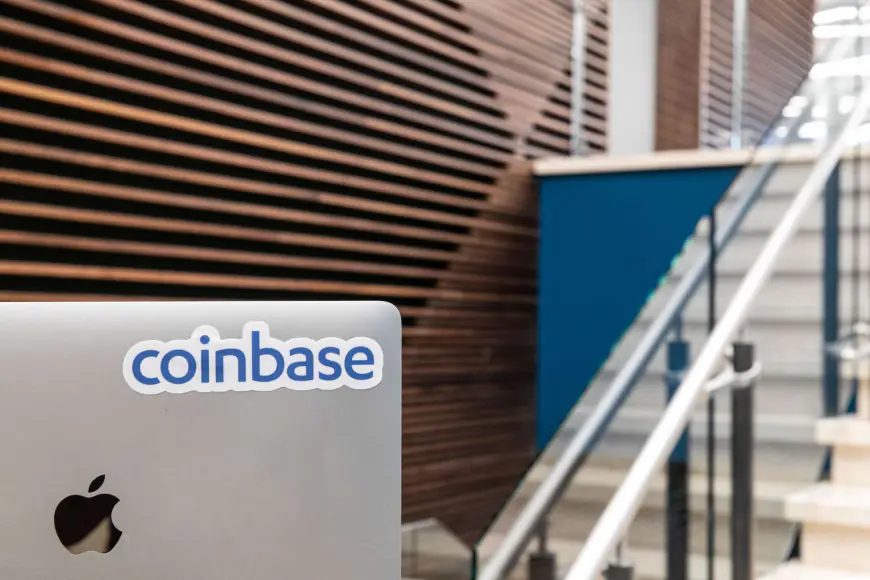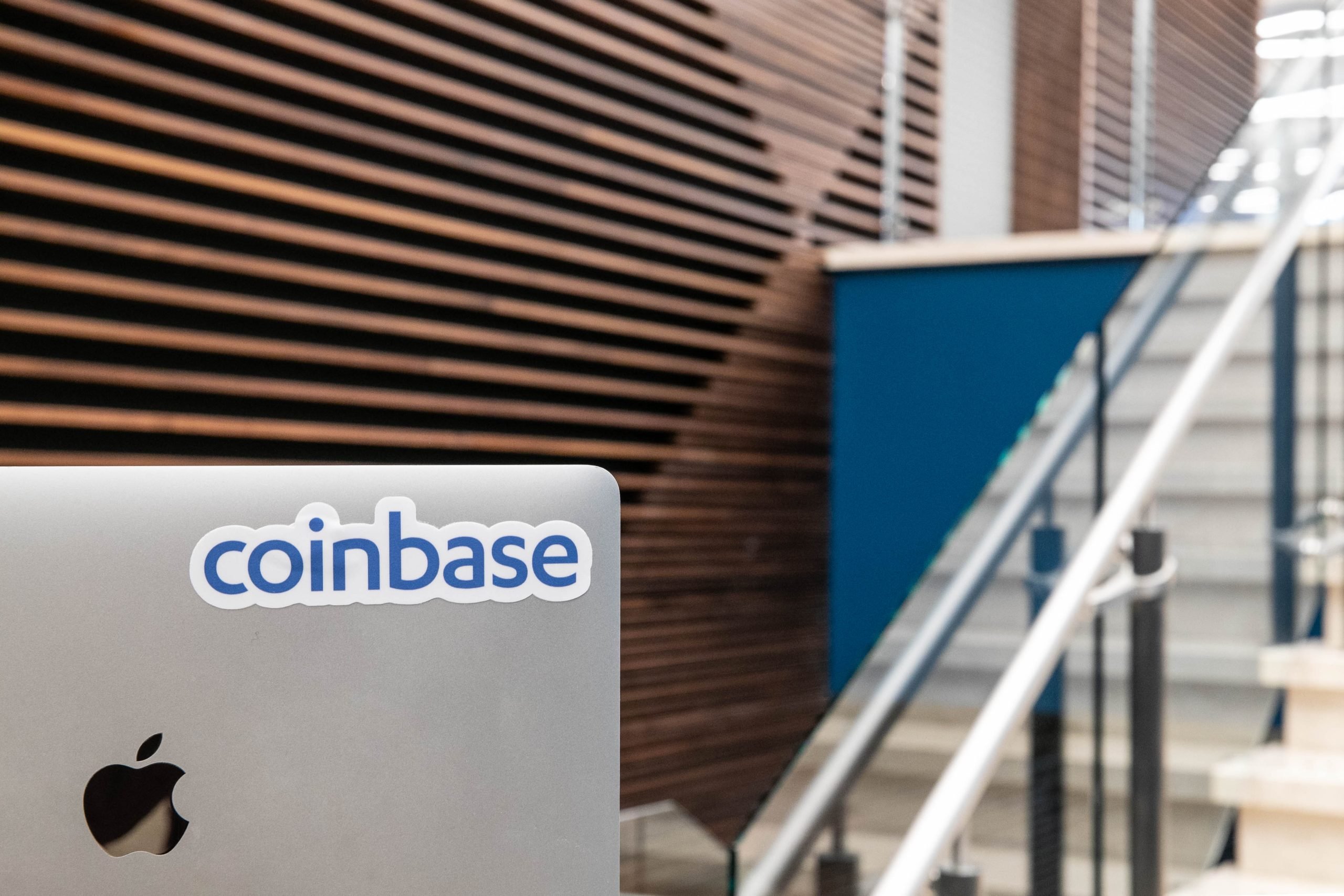Coinbase Denied Arbitration Request in Dogecoin Sweepstakes Dispute
US Supreme Court says Coinbase can’t use arbitration in Dogecoin sweepstakes fight. Conflicting agreements led to court decisions, not arbitration. The United States Supreme Court has asserted jurisdiction over sweepstakes disputes involving Dogecoin rewards offered by cryptocurrency exchange Coinbase. The ruling overrides Coinbase’s user agreement, granting district courts the authority to settle such contentious matters. [...]


- US Supreme Court says Coinbase can’t use arbitration in Dogecoin sweepstakes fight.
- Conflicting agreements led to court decisions, not arbitration.
The United States Supreme Court has asserted jurisdiction over sweepstakes disputes involving Dogecoin rewards offered by cryptocurrency exchange Coinbase. The ruling overrides Coinbase’s user agreement, granting district courts the authority to settle such contentious matters.
Coinbase initiated a promotional event centered around Dogecoin (DOGE) in June 2021, enticing users with the opportunity to participate in a sweepstakes. However, ambiguity arose regarding dispute resolution due to conflicting clauses within the platform’s user agreement.
While Coinbase favored arbitration to settle financial disputes, users expressed a preference for court intervention. The disparity between the two options was explicitly outlined in the platform’s agreements, leading to legal uncertainty.
Supreme Court Verdict and Implications for Contracts
The Supreme Court’s verdict solidifies the role of state and federal courts in adjudicating controversies stemming from Coinbase’s sweepstakes promotion. In a statement affirming the decision, Justice Neil Gorsuch emphasized the contractual nature of arbitration, asserting that crypto exchanges and users can agree to delegate dispute resolution to arbitrators or courts.
The Supreme Court’s ruling also addressed Coinbase’s previous assertions that allowing court intervention could lead to chaos and challenges to delegation clauses. The court dismissed these concerns, asserting confidence that clarity in contractual agreements would mitigate.
Big momentum in crypto this week – ETH ETF passed and bipartisan support on crypto legislation…
Feels like hell has frozen over!!
https://t.co/70T0qLt1FH
— Brad Garlinghouse (@bgarlinghouse) May 24, 2024
The ruling delineates a crucial distinction in cases where contracts stipulate arbitration clauses exclusively. While courts typically avoid intervening in such instances, the scenario changes when users assent to multiple agreements. Specifically, when two contracts are in play, one directing arbitrability disputes to arbitration and the other implicitly or explicitly assigning them to courts, a court is tasked with determining the governing contract. This clarification provides a framework for resolving contractual disputes within the cryptocurrency landscape.
Coinbase Operational Challenges and Market Impact
Coinbase’s legal entanglements coincide with recent operational setbacks, notably a system-wide outage that disrupted trading services across applications. The outage, reported on May 14, prompted Coinbase Support to reassure users of the safety of their funds while investigating the issue and pursuing a resolution.
The timing of these challenges underscores the complexities cryptocurrency exchanges face in maintaining operational stability and regulatory compliance.
Coinbase’s Chief Legal Officer, Paul Grewal, reflected on the ruling, acknowledging both victories and defeats. Grewal expressed gratitude for the opportunity to present their case to the court and appreciated the court’s consideration of the matter.
Following the verdict, Coinbase’s stock experienced a significant decline, plummeting over 11% to a valuation of $220. The unexpected downturn came in stark contrast to initial expectations of a potential victory, with Coinbase’s stock reaching a high of $240 prior to the ruling. Simultaneously, the dog-themed meme cryptocurrency DOGE also witnessed a retracement of more than 4% over the past 24 hours, resulting in a current trading price of $0.158.
It is worth noting, the Supreme Court’s ruling sets a precedent regarding the resolution of disputes within the cryptocurrency industry. Emphasizing the significance of contractual agreements and the authority of courts in adjudicating conflicts.
What's Your Reaction?







































































































